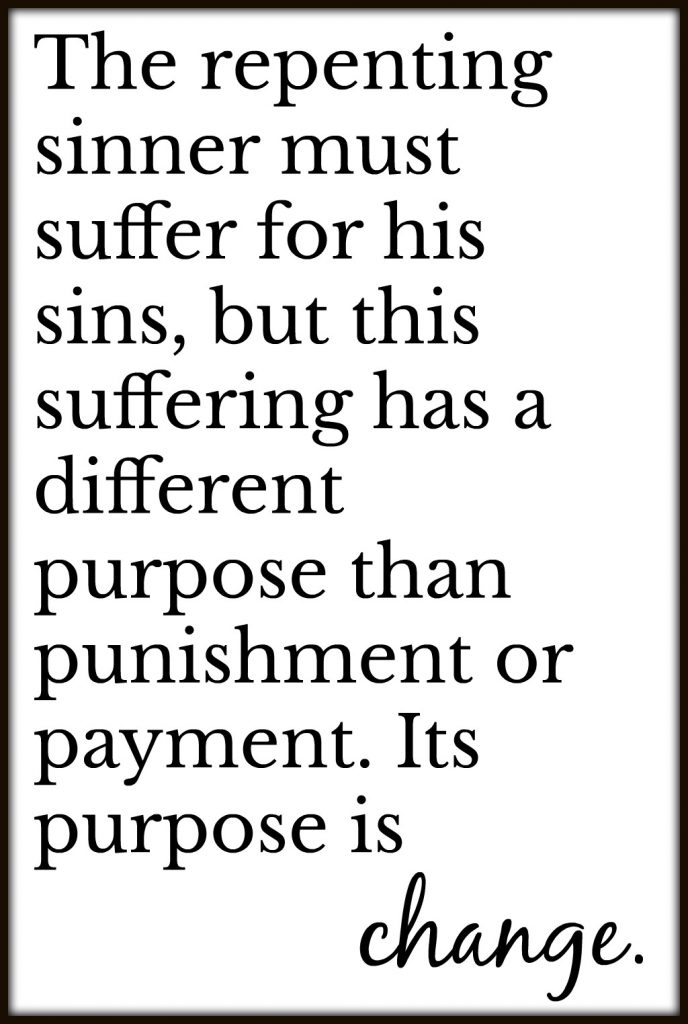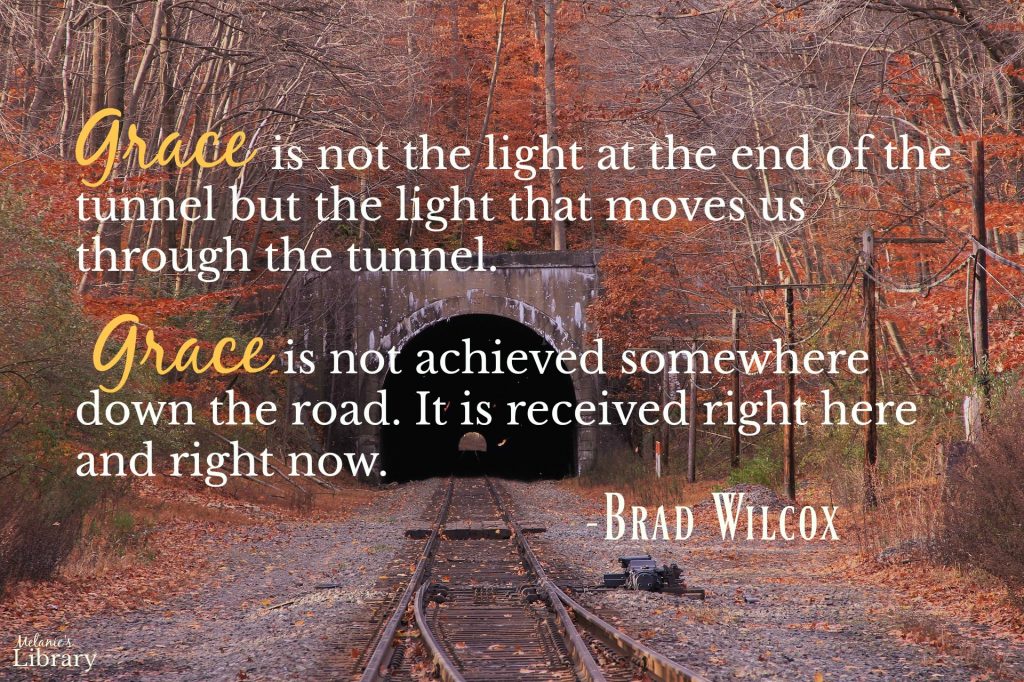An analogy of the piano lessons and its comparison to Grace by Brad Wilcox. Suggestions include how to use it as an object lesson or as an attention-getter.

This post contains affiliate links
*If you want to make this into an object lesson, start by having someone play a beautiful song on the piano and then talk briefly about the piano lessons they took, their mom who paid for them and the many hours of practicing that was involved to get to where they are today. (Suggestion: Have them play “Amazing Grace” or “I Stand All Amazed” if possible.)
*Or as a fun attention getter – start out by calling a few people up to do a little acting. They would act out a child taking piano lessons, their mother paying for the lessons, the child coming home and the mother constantly on to them to practice, practice, practice 😉 For kids who actually do take piano lessons, this could be quite humorous as to their take on this scenario.

We are all familiar with the Law of Mercy and the Law of Justice. The Law of Justice requires immediate perfection or a punishment when we fall short. Because Jesus took that punishment, He can offer us the chance for ultimate perfection and help us to reach that goal. He can forgive what justice never could. In return, Christ asks us to show faith in Him, repent, make and keep covenants, receive the Holy Ghost, and endure to the end. By complying, we are not paying the demands of justice—not even the smallest part. Instead, we are showing appreciation for what Jesus Christ did by using it to live a life like His.
Christ’s arrangement with us is similar to a mom providing piano lessons for her child. Mom pays the piano teacher. Because Mom pays the debt in full, she can turn to her child and ask for something. What is it? Practice! Does the child’s practice pay the piano teacher? No. Does the child’s practice repay Mom for paying the piano teacher? No. Practicing is how the child shows appreciation for Mom’s incredible gift. It is how he takes advantage of the amazing opportunity Mom is giving him to live his life at a higher level. Mom’s joy is found not in getting repaid but in seeing her gift used—seeing her child improve. And so she continues to call for practice, practice, practice.

If the child sees Mom’s requirement of practice as being too overbearing (“Gosh, Mom, why do I need to practice? None of the other kids have to practice! I’m just going to be a professional baseball player anyway!”), perhaps it is because he doesn’t yet see with Mom’s eyes. He doesn’t see how much better his life could be if he would choose to live on a higher plane.
In the same way, because Jesus has paid justice, He can now turn to us and say: “Follow me” (Matthew 4:19); “Keep my commandments” (John 14:15). If we see His requirements as being way too much to ask, maybe it is because we do not yet see through Christ’s eyes. We have not yet comprehended what He is trying to make of us.
Elder Dallin H. Oaks of the Quorum of the Twelve Apostles has said:

Let’s put that in terms of the child pianist: The child must practice the piano, but this practice has a different purpose than punishment or payment. Its purpose is change.
The miracle of the Atonement is not just that we can live after we die but that we can live more abundantly. The miracle of the Atonement is not just that we can be cleansed and consoled but that we can be transformed. Scriptures make it clear that no unclean thing can dwell with God, but no unchanged thing will even want to.
“But don’t you realize how hard it is to practice? I’m just not very good at the piano. I hit a lot of wrong notes. It takes me forever to get it right.” Now wait. Isn’t that all part of the learning process? When a young pianist hits a wrong note, we don’t say he is not worthy to keep practicing. We don’t expect him to be flawless. We just expect him to keep trying. Perfection may be his ultimate goal, but for now we can be content with progress in the right direction. Why is this perspective so easy to see in the context of learning piano but so hard to see in the context of learning heaven?
Too many are giving up on the Church because they are tired of constantly feeling like they are falling short. They have tried in the past, but they continually feel like they are just not good enough. They don’t understand grace.
There should never be just two options: perfection or giving up. When learning the piano, are the only options performing at Carnegie Hall or quitting? No. Growth and development take time. Learning takes time. When we understand grace, we understand that God is long-suffering, that change is a process, and that repentance is a pattern in our lives. When we understand grace, we understand that the blessings of Christ’s Atonement are continuous and His strength is perfect in our weakness.

Grace is not a booster engine that kicks in once our fuel supply is exhausted. Rather, it is our constant energy source. It is not the light at the end of the tunnel but the light that moves us through the tunnel. Grace is not achieved somewhere down the road. It is received right here and right now.
Don’t quit. Keep trying. Don’t look for escapes and excuses. Look for the Lord and His perfect strength. Don’t search for someone to blame. Search for someone to help you. Seek Christ, and, as you do, you will feel the enabling power and divine help we call His amazing grace.
DISCUSSION: When have you felt His amazing grace strengthen you? How are others’ religious views on grace different from ours? If you had to explain grace to a non-member, is there another way you could explain it?
*This post is taken from a BYU Devotional given by Brad Wilcox. You can find the complete talk by Clicking HERE.
For some great books by Brad Wilcox, check out these on Amazon:
Yours Truly,

P.S. For more inspiring gospel related resources, sign up for my monthly Finding JOY Newsletter. Helping you be the most effective teacher you can be at home or in your calling.






